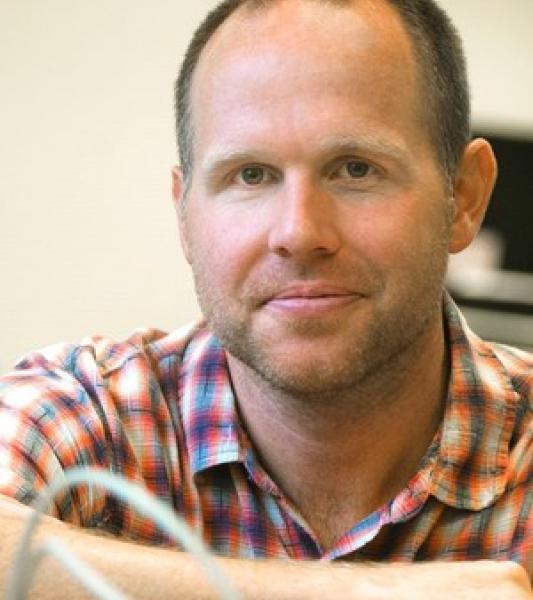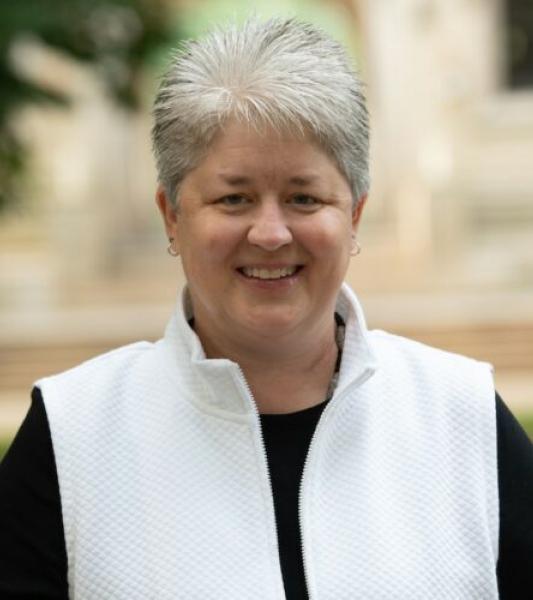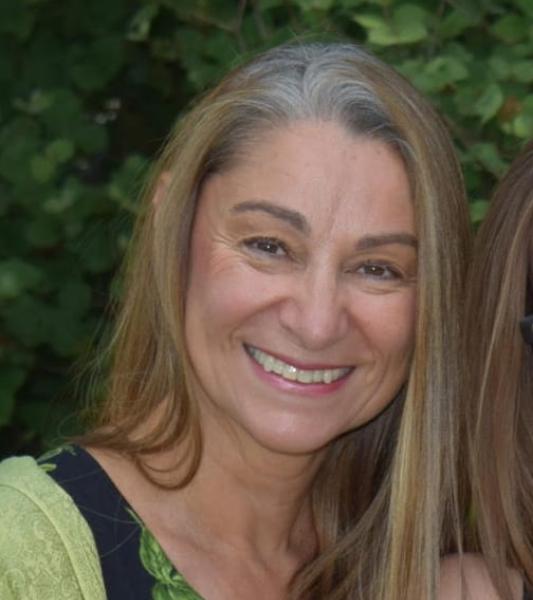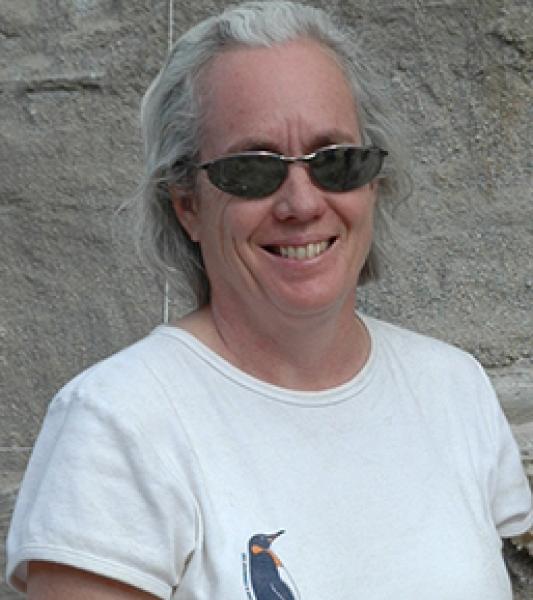
Dr. W. Ashley Griffith
Associate Professor & Field Camp Director
Field Camp Faculty since 2018
Ashley Griffith’s research focuses on structural geology and geomechanics, with an emphasis on the behavior of fractures in the earth’s crust. Fractures influence our daily lives more than most people care to realize. Fractures in rock dominate subsurface fluid flow, control earthquake hazards, and exert a huge influence on ground control problems in mining and civil engineering applications. Dr. Griffith’s particular research interests vary from the physics of earthquake rupture to crustal deformation in active margins to fracturing of reservoir rocks, but the underlying theme of our work involves collecting structural data in the field and studying that data in the context of physics-based models to learn about the processes that govern the formation, growth, and mechanical behavior of fractures in the earth’s crust.

Dr. Shelley Judge
Associate Professor at College of Wooster
Field Camp Faculty since 2001
Shelley Judge's research interests include the tectonic evolution of the Sevier and Laramide orogenies of the western U.S. and superimposed pre-Basin and Range extension, with special emphasis on these geologic events in Utah.

Dr. Cristina Millan
Instructor & Field Camp Coordinator
Field Camp Faculty since 2012
Cristina Millan conducted research in structural geology with a particular focus on deformation structures in sedimentary basins and their relationships to diagenesis and sediments' physical and mechanical properties. Dr. Millan’s research links mineralized fractures, stress fields, fluid fluxes, and tectonic deformation and aim to understand how lithification, compaction, cementation, and fluid flow processes are related to rifting processes.

Dr. Terry Wilson
Professor Emeritus
Field Camp Faculty since 1987
Terry Wilson and her research group investigate the structural architecture of the Earth, how continents rift, and the interaction of the solid Earth and ice sheets in Antarctica, using structural field observations, geophysical data, and GPS. Current projects funded by NSF in Antarctica are investigating neotectonic rifting; the relations between fluid flow and faulting during rift and subglacial deformation; ice mass balance, ice load history, and glacial rebound patterns; and the contemporary crustal stress field in Antarctica. Research studies integrate marine and airborne geophysical data, satellite remote sensing, GPS measurements, structural and microstructural mapping of faults in outcrop and sedimentary rock cores, and core and borehole mapping of drilling-induced fractures.
